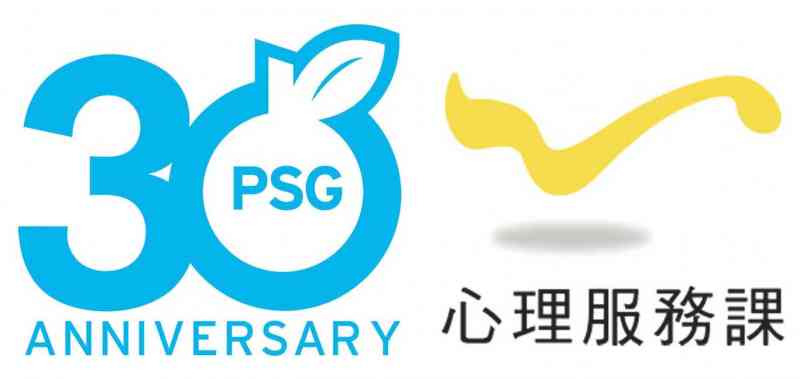For this Issue, Psychological Services Group has Police Constable Max Lai Ka-shing from Central District to share the experience and wisdom he has gained from public event operations.
Experience and stress
Upon completing his Police College training three years ago, Max worked in Central District, an area with many public events. At that time, the District Public Order Event Sub-unit had yet to be set up and Max's Patrol Sub-unit needed to maintain law and order in these events. There were times when Max had to handle public events nearly every day. "Before joining the Force, I knew I had to handle public events, but these days the number of public events I handle is more than I expected. At the same time, I am more experienced and have more confidence in handling public events."
Max recalled that in the early days, his stress mainly came from inexperience in responding to citizens' requests on the spot, and his lack of confidence. "I represent the Force. I was afraid of speaking the wrong words and doing the wrong things in dealing with the public. The fact that a public event is unpredictable brings more stress."
For Max, his biggest stress was controlling his emotion in front of hostile demonstrators. "It was hard to accept when they hurled offensive languages at you, and stormed barricades and injured your colleagues. My mind still remained tense even one or two hours after an operation and the noise and slogans still lingered in my mind after returning home."
Reflection
For Max, getting adequate rest is the key to make a public events operation successful. "In a prolonged public event operation, we worked for over 12 hours, and this took a toll on our bodies. Making optimum use of rest time in between operations is essential for a professional police officer. During time-out, I never did anything except closing my eyes and taking a complete rest."
After his mind calmed down, Max reflected on his job and its meanings. "I maintain a balanced mind and this is a good emotion management. Even though I personally did not agree with some protestors' ways of expressing their views, I took an objective view of their demands from the angle of contributing to society."
"Another example is even though I was sympathetic to the protestors' demand for reunion with their family members from the Mainland, I made sure what they did complied with law and order. The most challenging thing I see is not to mix up our personal and work roles of maintaining professionalism," Max added.
Grateful to teammates
Max thanks his teammates for being his partners in reflection and growth. "We have a lot of communication. We are generous in sharing our views and feelings of public event operations. We remind each other that the most important thing is to remain patient and rationale. With more experience, we would be able to make responses more professionally. For example, explaining our job patiently to the public would prevent escalation of conflict. The more we do, the more confident we are and our stress would be reduced."
Max also realises the importance of briefing and de-briefing for a public event operation. Equally important is support by supervisors. "The Force is a big family. If anything untoward happens, there will be support immediately," he said.
Max takes a positive view of the bitters and sweets of public event operations. For him, the experience he has gained is very useful and can be applied in other police jobs.
Conclusion
Max has demonstrated the four elements of T.A.K.E. wisdom (T-Treat your body, A- Appreciate your role, K- Know your people and E- Endure hard feelings) in public event operations. Through this series, the Psychological Services Group hopes officers would continue to get psychologically equipped for the job of keeping Hong Kong a pluralistic law-abiding society.


